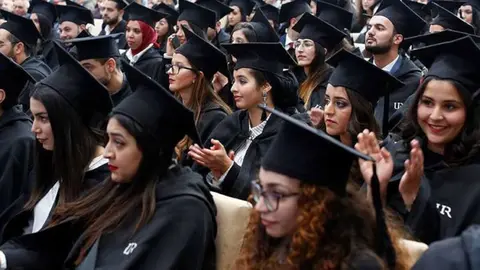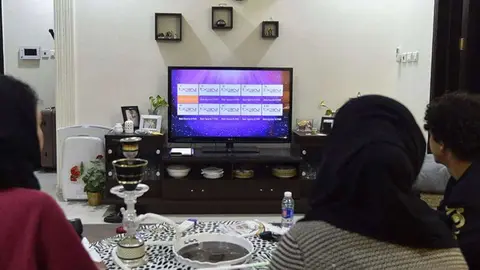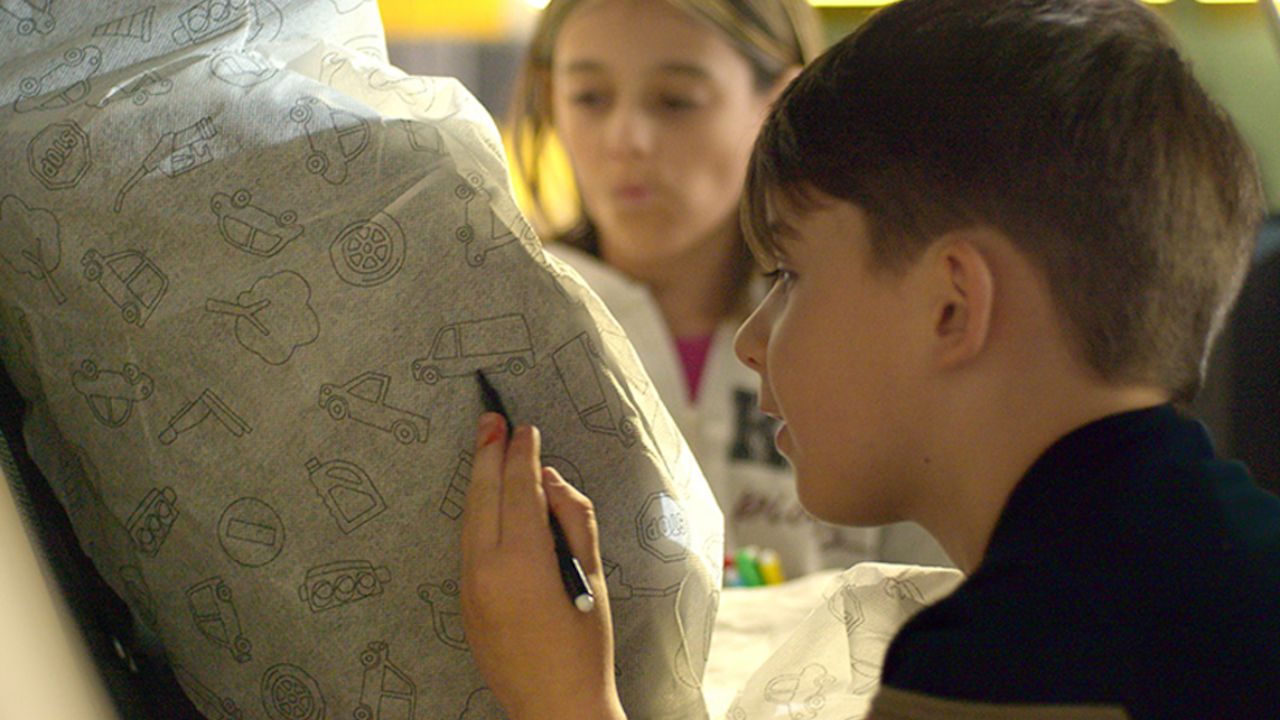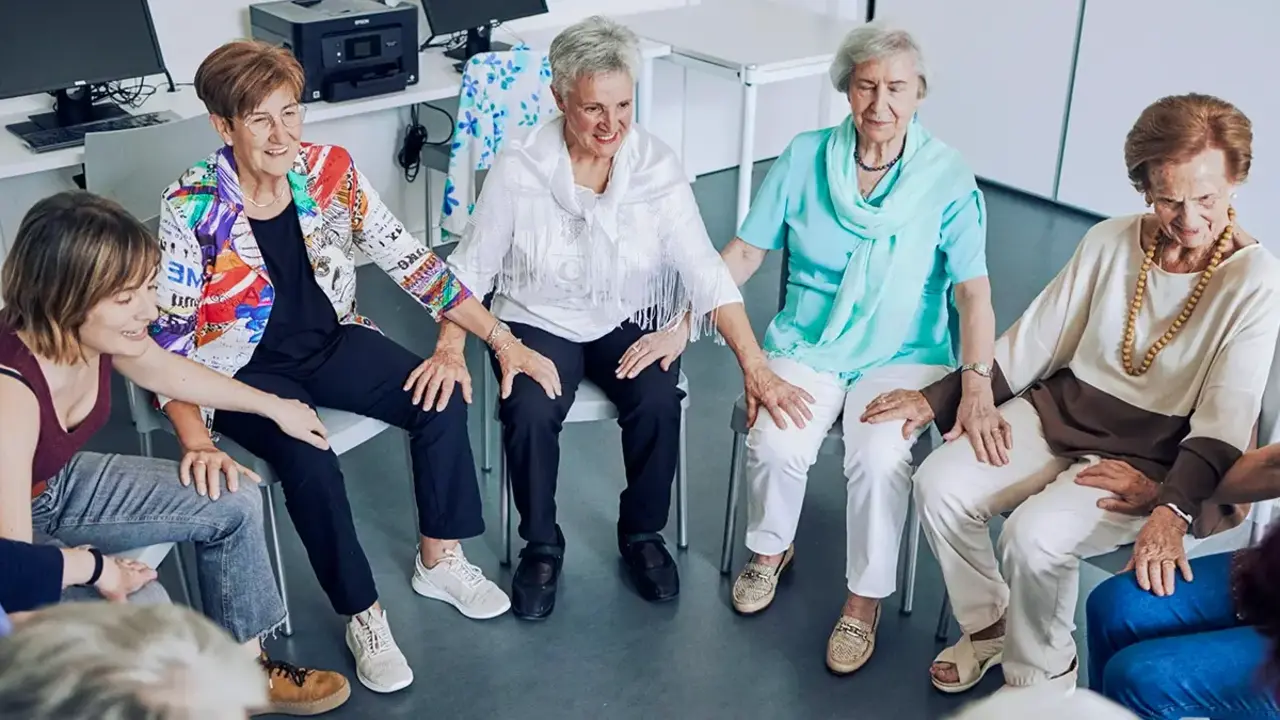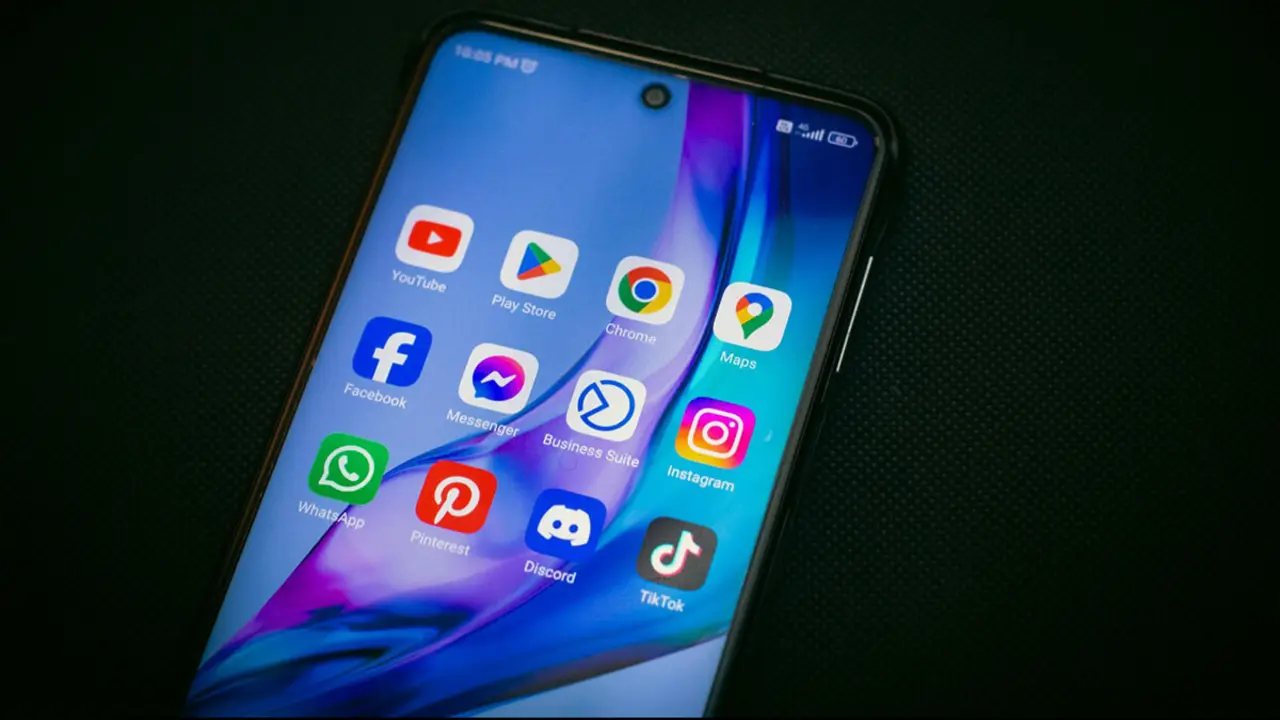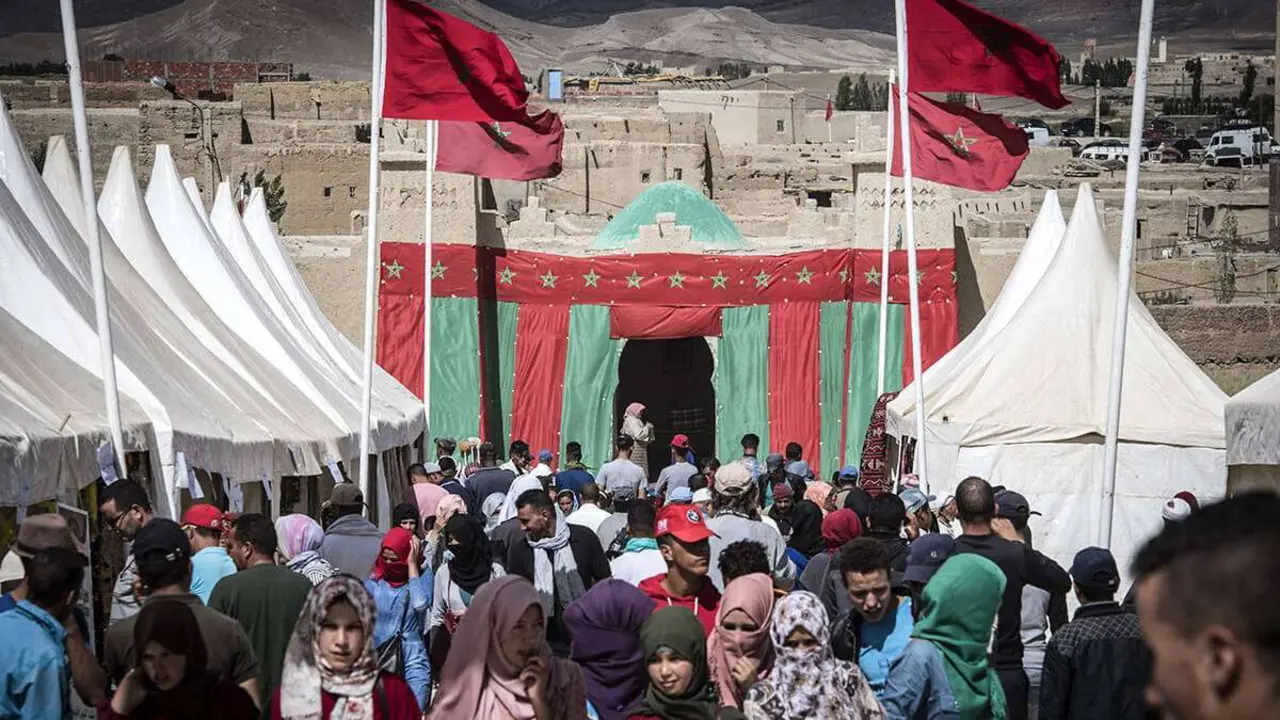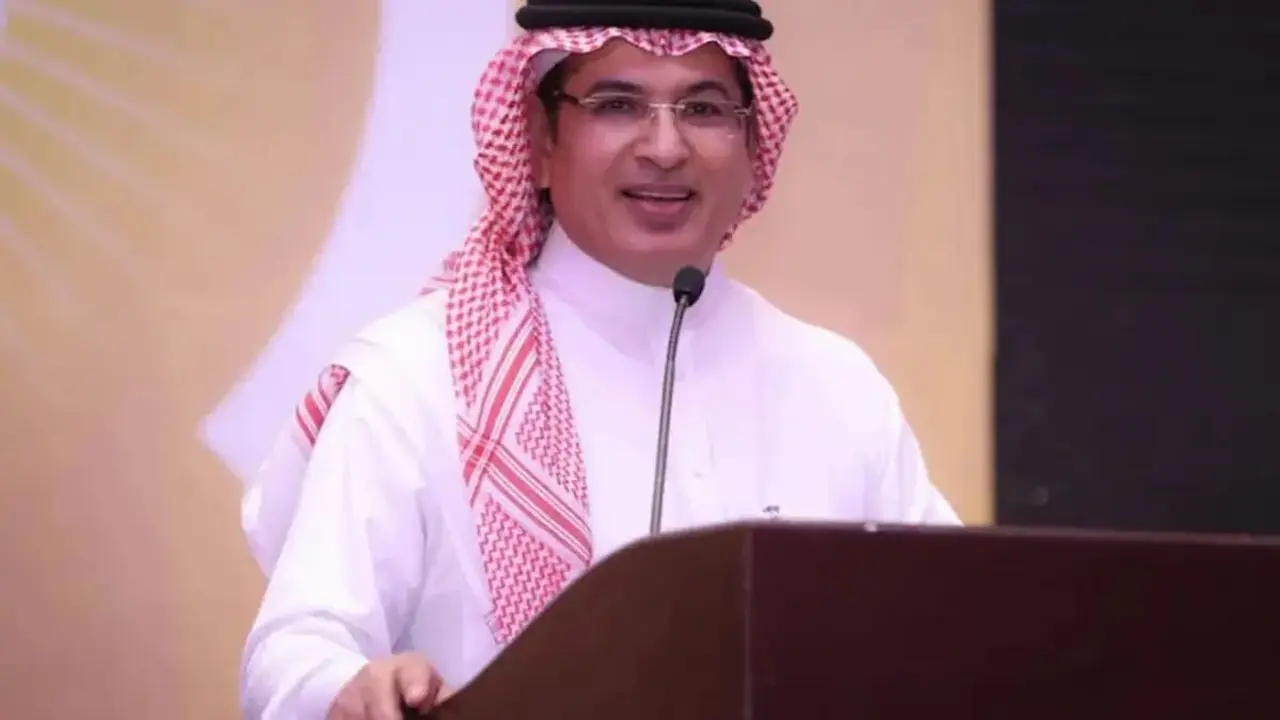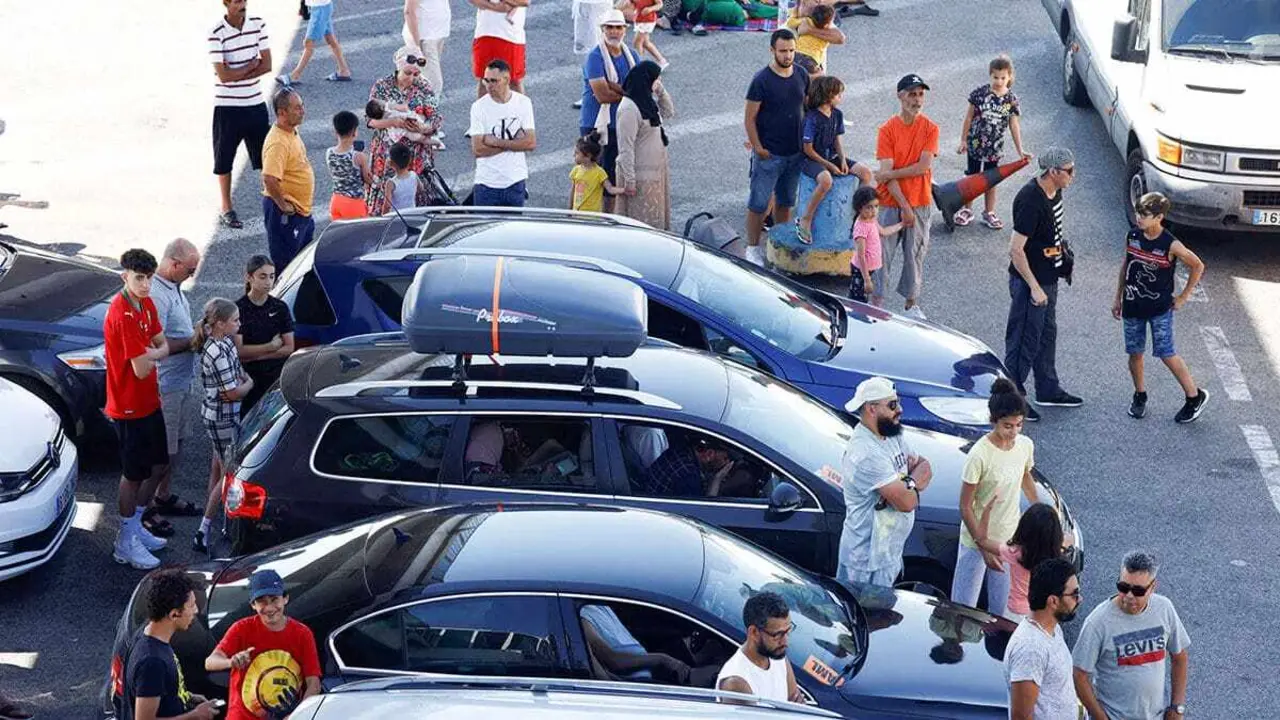Morocco starts teaching English in public schools
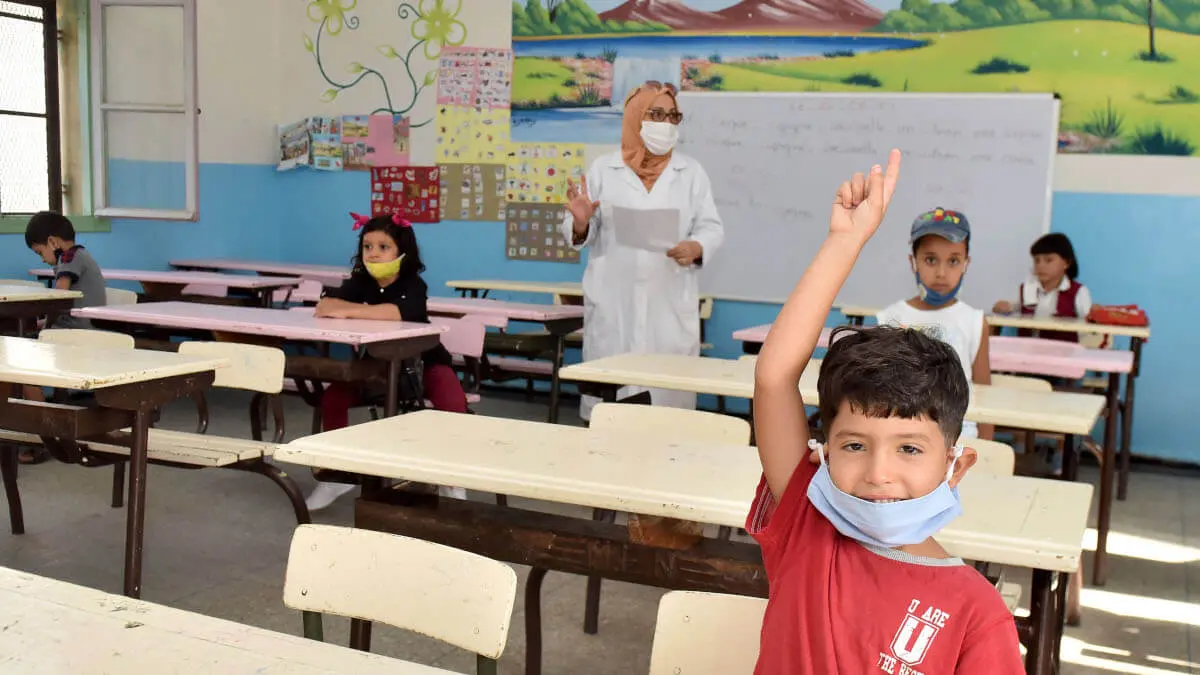
The Moroccan Ministry of Education has begun to progressively include English in the Kingdom's public schools in order to generalise the use of this language in the educational sector. For months now, the Moroccan authorities have been promoting English among students at all levels due to the opportunities that this language offers in the professional sphere, with sectors such as technology standing out in this respect.
The Ministry of Education is also aware of the status of English in society. Previously, English was only taught in private schools, which created differences among students. Rabat is keen to eliminate such inequalities between the public and private sectors by offering equal opportunities to all young people.
Education Minister Mohamed Zerouali explained that the aim of this measure is to "generalise the teaching of English in public education following a specific gradual path", reports Al-Arab. The Ministry started, as of this academic year, to teach English at all three levels of the preparatory stage.
The Ministry of Education's goal is, from the 2023-2024 academic year, to start introducing English with a coverage rate of 10 per cent for the first year of secondary school and 50 per cent for the second year. It is expected that during the 2024-2025 cycle the implementation of English will reach 50% in the first year and 100% in the second year, to be fully generalised during the following year.
The ministry claims that the number of teachers teaching English at the preparatory level is "sufficient" and that there is "no problem at this level". However, the authorities have acknowledged challenges in the "workshops on the dissemination of English language teaching in public education". The ministry is seeking to overcome this problem through joint efforts, with an emphasis on educational equipment and curricula.

"Currently, we have been able to achieve 20 per cent coverage in the first year of secondary school, which is more than expected," announced the Moroccan Education Minister. "There is also the challenge of continuous training, as we try to organise training courses on a regular basis to keep teachers informed about new developments and new curricula, and to carry out supervision and field accompaniment in educational institutions," he added.
The potential of support elements including technology, communication and digital platforms has also been highlighted. All these tools contribute significantly and effectively to improving and supporting the language skills of both educational staff and students.

Young people, for their part, agree with these measures, as they are aware of the benefits and opportunities that speaking and understanding English will bring them. According to a report last year by the British Council, Moroccan students consider English 'vital' for educational, professional and cultural opportunities, with 40 per cent of young people surveyed considering English the most important language, compared to 10 per cent who consider French, the traditional language of the Kingdom's elites, to be the most important.
Against this backdrop, several analysts suggest that English will replace French as the first foreign language due to the new needs and interests of the younger generations.
However, according to Zerouali, the Ministry's decision to generalise the teaching of English in public education "was never a break with the French language". "This is an important development because it is a choice that responds to a large extent to the expectations of Moroccan citizens and to the social demand for equal opportunities," Zerouali said.

